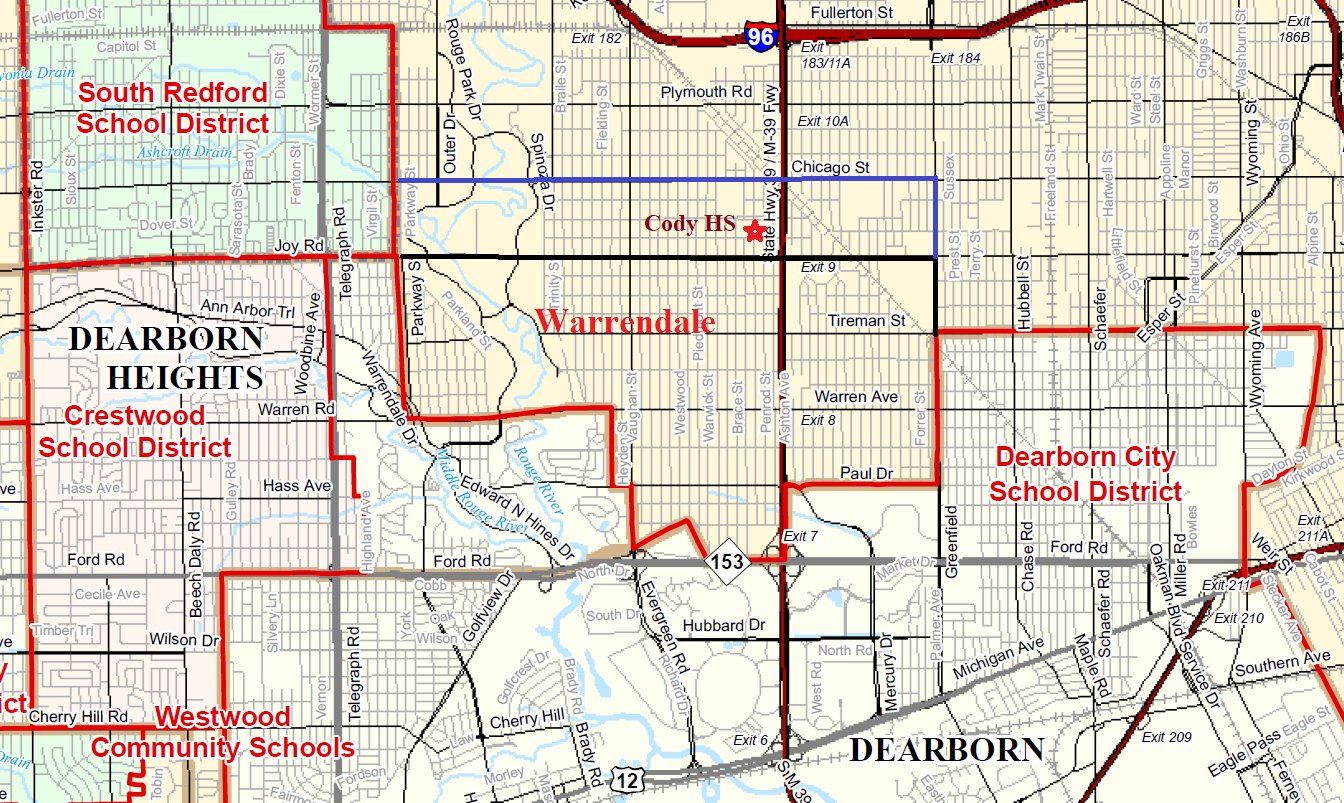The State imposes its will upon the individual in many ways and on many levels. Few impositions are as consistent and offensive as taxation. Among the multiple types of taxes citizens pay, property taxes are some of the most insidious – as a person never truly owns their home. The concept of Fee Simple (a permanent and absolute tenure of an estate) itself never provides secure, permanent ownership to a property owner. By its very nature, this carry-over from feudalism makes these persons a property-holder, instead of a property owner.
Many jurisdictions have been effected. However, we’re highlighting the City of Detroit because better records exist about how the City has been effected. Clearly, our purpose is not to denigrate the People of the City, but rather to show how they’ve been affected by the current law and harmed by the Government.

While a larger discussion of these legal concepts is warranted, our proposal here is designed to address serious problems created by government which create the perception of property as a revenue-producing system to support the plans of those in government. We need government to work our will, not to lead us as masters.
The problems we seek to address are:
1 – Government misuse of assessment power. Without substantive cause or reason, local governments use unjustified and unconstitutional methods of assessment which violate Michigan law. These systems specifically avoid using market-based assessments as required by law.
2 – A consequence of misused over-assessment is many if not most property owners are seriously overtaxed. Excessive property tax assessments continue to be one of the greatest factors inhibiting affordable living spaces.
3 – Michigan law unfairly and inappropriately subsidizes home ownership over rental or lease agreements. Even beyond the unjustified tax breaks afforded home owners by federal tax policy, Michigan has overburdened non-owners in ways which favor those capable of purchasing their residence.
4 – Michigan utilizes an unorthodox tax foreclosure method that favors expediency over natural rights. The eviction of a family from their home should be considered a final measure. The State should not easily become the vector of eviction – and yet, tens of thousands of Michigan residents are forced from their homes each year due to an unjustified process that puts eviction as the paramount method for collecting taxes.
Our proposals will address each of the problems listed above. Some can be addressed by statutory action. Others have aspects which will require Constitutional redress. Several may end up requiring legal action. In any event, our Campaign is committed to our role as the flag-bearer on these issues and force those running for office to provide their answers to these issues.
Let the voters decide who the champion of those oppressed by the State is.
The Plan
Proposal 1: Total reform of the Michigan General Property Tax Act.
-
Standardization of procedures and provision for assessment of property to market value, regardless of type of jurisdiction.
-
Simplification and Expansion of Rights of Owners under the appeal process.
-
The creation of a Taxpayer Ombudsman whose job would be to provide assistance for residents navigating the appeals process.
The entire process of assessment and request for review by home owners needs more daylight and opportunity for home owners to contest which should not require professional legal assistance to be successful. Our plan will provide needed assistance to those most affected.
Proposal 2: Repeal of the Tax Foreclosure Authority in Act 132 of 1999 with regard to any Residential Class Property.
-
The process by which Michigan Treasurers are now able to certify property as in forfeiture may rank as one of the most resident unfriendly actions of government in the history of our State.
-
Replacement of the current forfeiture system with a tax-bid system as used prior to 1999. The argument for “urban renewal” and other development-friendly forces have violated the right of peaceful ownership of their residence.
-
Establishment of a “purchase right” of bona fide renters or leaseholder interests to prevent eviction based on non-ownership of the land.
-
Require governmental notification of occupants of owner tax delinquency.
-
Restoration of the 5-year tax period for redemption. On this item, we advocate that the government as a last-resort for non-bid parcels. And then, that the 5-year rule apply without exception.
Most of the rationale for accelerated tax foreclosure was constructed to serve the interests of the government and not to protect the interests of property owners. And it gives no rights whatsoever to non-ownership interests who are burdened by neglectful land owners.
Our plan will establish, for the first time, a legal right of residents to establish and protect their interests.
Proposal 3: Restoration of Rights – Michigan Government Atonement Act
-
Recognition that failures of government have already taken property from residence in violation of their natural liberty – we advocate that displaced home owners are given lottery-choice of any existing properties held in the various County Land Banks. This proposal requires ONLY that they have been displaced by the action of foreclosure under P.A. 132. – either with a demonstrable ownership or rental interest. As such, any citizen choosing to exercise said lottery right would register with a local jurisdiction (need not be the same as when foreclosed) to have PRIORITY ahead of any non-resident bidder.
Nothing being discussed provides any relief to those who have ALREADY been harmed by government action. Our plan provides specific relief and opportunity for those who have previously been affected by the unconstitutional and immoral action of government.
Proposal 4: That the State Legislature put before the Voters of Michigan a modification of Proposal A – Tax Act of 1994
-
We advocate the re-classification of all residential property with a Primary Residence Exemption. The use (and misuse) of the PRE has created a bureaucratic nightmare in which some residents “qualify” on specific date schedules, others – due to being a renter or leaseholder, do not qualify. As such, rental property owners must pass along this enormous additional cost to those who rent – many of whom are younger and/or low-income. This subsidy is unjustified, morally abhorrent, and should be repealed.
-
We advocate that all non-residential property would have a floor taxable / SEV ratio of 50% immediately upon enactment of this proposed change – and that each year, the taxable value/SEV ratio would rise by 2% each year until all non-residential property has a floor taxable/SEV ratio of 70%.

